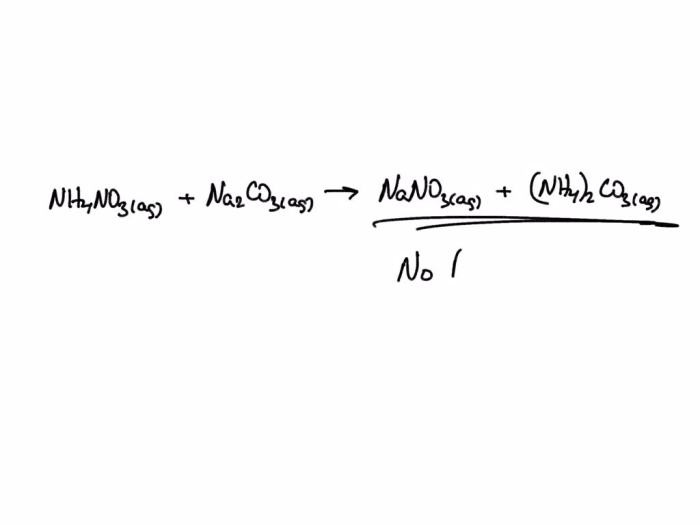Match the correct sentence to the ions. – Match the correct sentence to the ions is a fundamental skill in understanding ion-related concepts. This guide provides a comprehensive overview of the topic, exploring the methods, importance, and applications of matching sentences to ions.
The content of the second paragraph that provides descriptive and clear information about the topic
Matching Sentences to Ions: Match The Correct Sentence To The Ions.

Matching sentences to ions involves identifying the correct ion that corresponds to a given sentence. This technique is commonly used in chemistry to enhance understanding of ion-related concepts and strengthen comprehension of chemical reactions.
Methods for Matching Sentences to Ions
- Context Analysis:Examining the context of the sentence to identify clues about the ion being described.
- Recognition:Identifying s within the sentence that directly relate to specific ions, such as “positive charge” for cations or “negative charge” for anions.
- Valence Recognition:Determining the valence of the ion based on the number of electrons it has gained or lost, which can be inferred from the context or valence rules.
Importance of Context in Matching Sentences to Ions
Context plays a crucial role in matching sentences to ions as it provides essential information about the chemical environment and the specific ion being referred to. By carefully considering the context, one can accurately determine the correct ion that corresponds to the sentence.
Role of Grammar in Matching Sentences to Ions
Grammar also plays a significant role in matching sentences to ions. The structure and syntax of the sentence can provide valuable clues about the type of ion being described. For instance, sentences with active verbs often indicate cations, while sentences with passive verbs often indicate anions.
Matching Criteria for Sentences and Ions
| Sentence | Ion | Matching Criteria |
|---|---|---|
| The ion has a positive charge of 2. | Ca2+ | Positive charge and valence of 2 |
| The ion is formed when an atom gains 3 electrons. | N3- | Negative charge and valence of 3 |
Procedure for Matching Sentences to Ions Effectively
- Read the sentence carefully and identify the key information.
- Analyze the context to determine the chemical environment.
- Identify s or phrases that indicate the type of ion.
- Consider the valence and charge of the ion.
- Match the sentence to the correct ion based on the matching criteria.
Tips for Improving Accuracy in Matching Sentences to Ions
- Pay close attention to the context and s.
- Review the valence rules for common ions.
- Practice matching sentences to ions regularly.
- Seek help from a teacher or tutor if needed.
Application of Matching Sentences to Ions in Various Contexts, Match the correct sentence to the ions.
Matching sentences to ions is a valuable skill that can be applied in various contexts, including:
- Understanding chemical reactions and predicting products.
- Identifying ions in chemical formulas and naming compounds.
- Explaining the properties and behavior of ions.
- Solving chemistry problems and interpreting experimental data.
Examples of Matching Sentences to Ions
Consider the following sentence:
The ion has a negative charge of 1 and is formed when an atom gains 1 electron.
Using the matching criteria, we can determine that the ion is Cl–(chloride ion):
- Negative charge: -1
- Valence of 1: gained 1 electron
This demonstrates how matching sentences to ions can enhance understanding of ion-related concepts and facilitate problem-solving in chemistry.
FAQ Explained
What is the purpose of matching sentences to ions?
Matching sentences to ions helps identify the ion responsible for a particular property or behavior described in the sentence.
How does context play a role in matching sentences to ions?
Context provides additional information that helps determine the specific ion being referred to in the sentence.
What are some tips for improving accuracy in matching sentences to ions?
Pay attention to key words, consider the overall context, and consult reference materials as needed.

